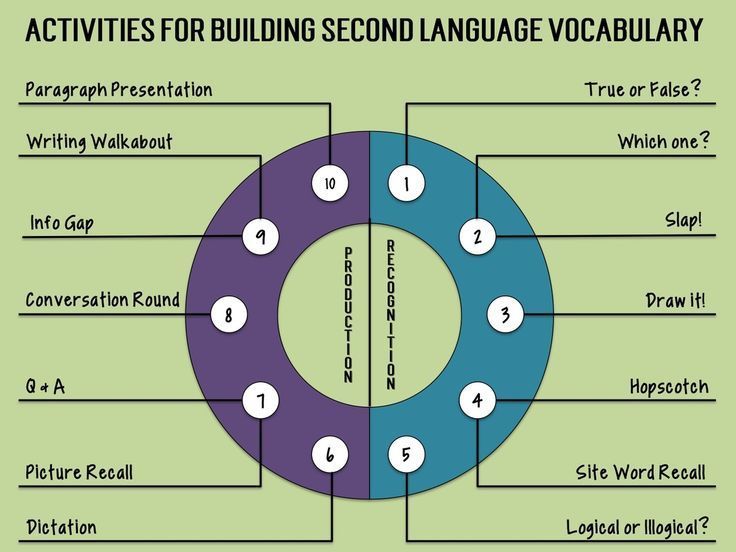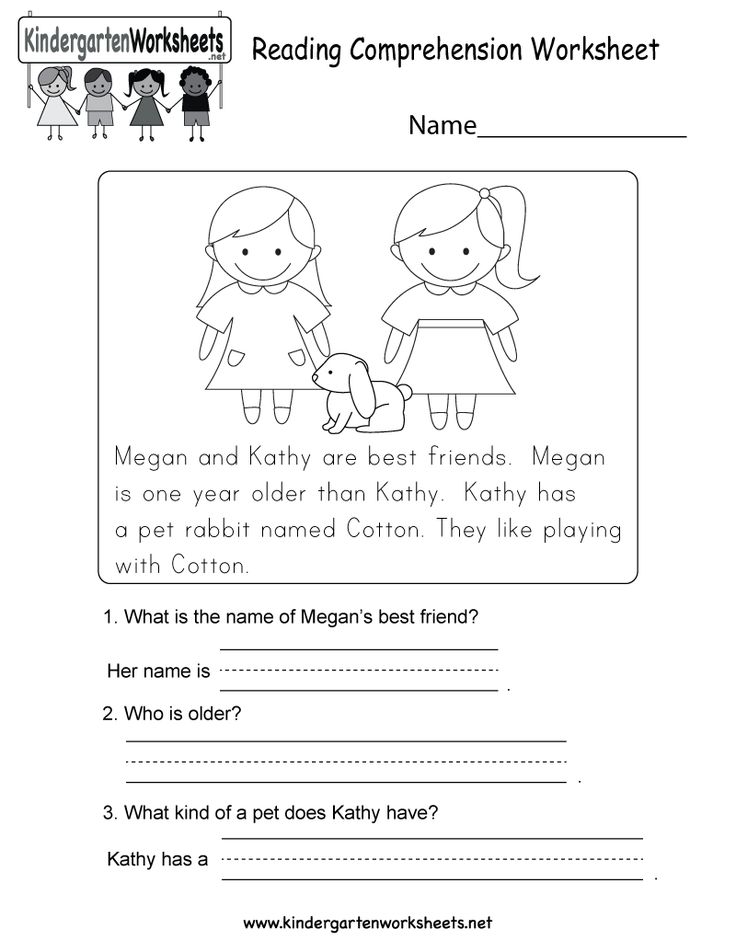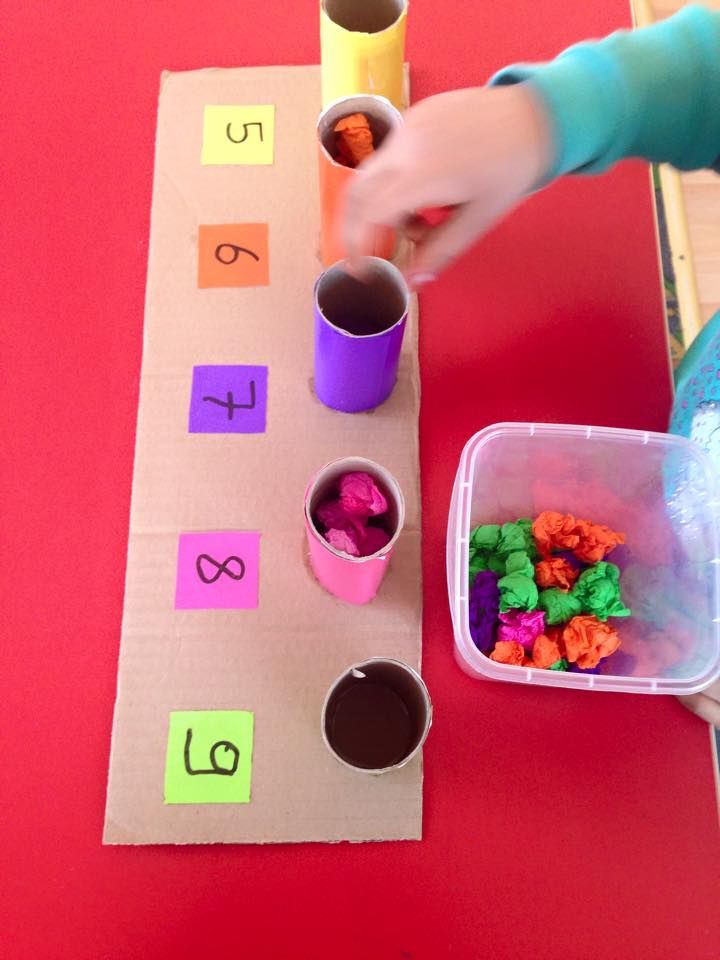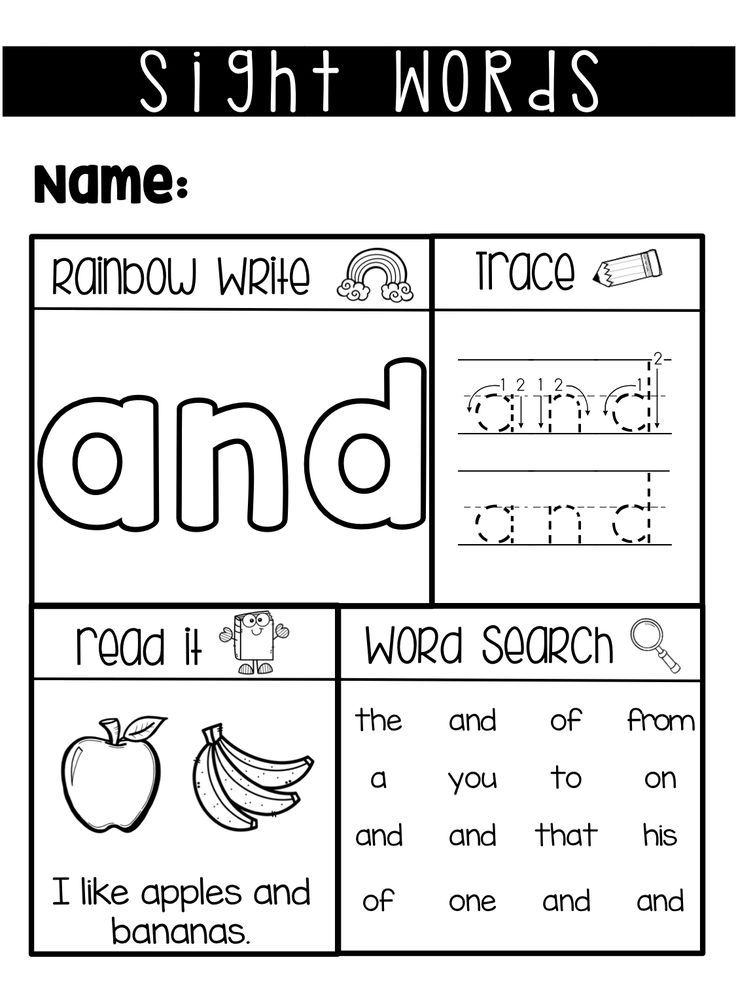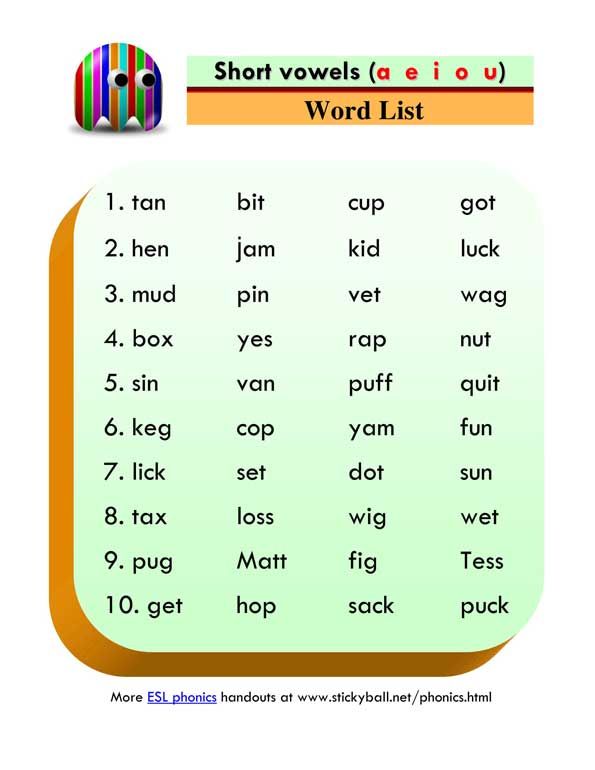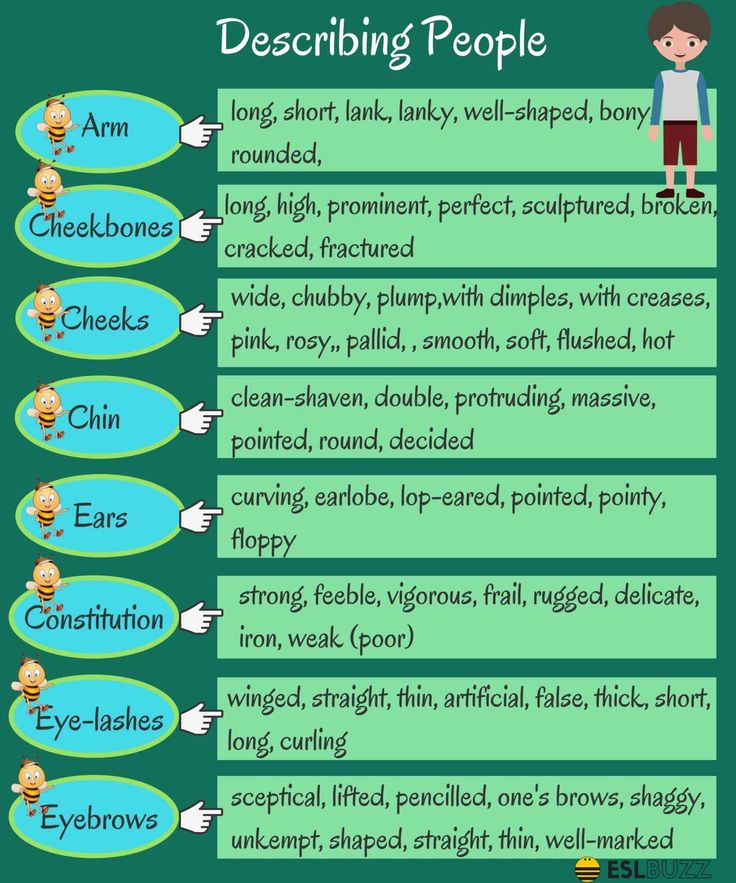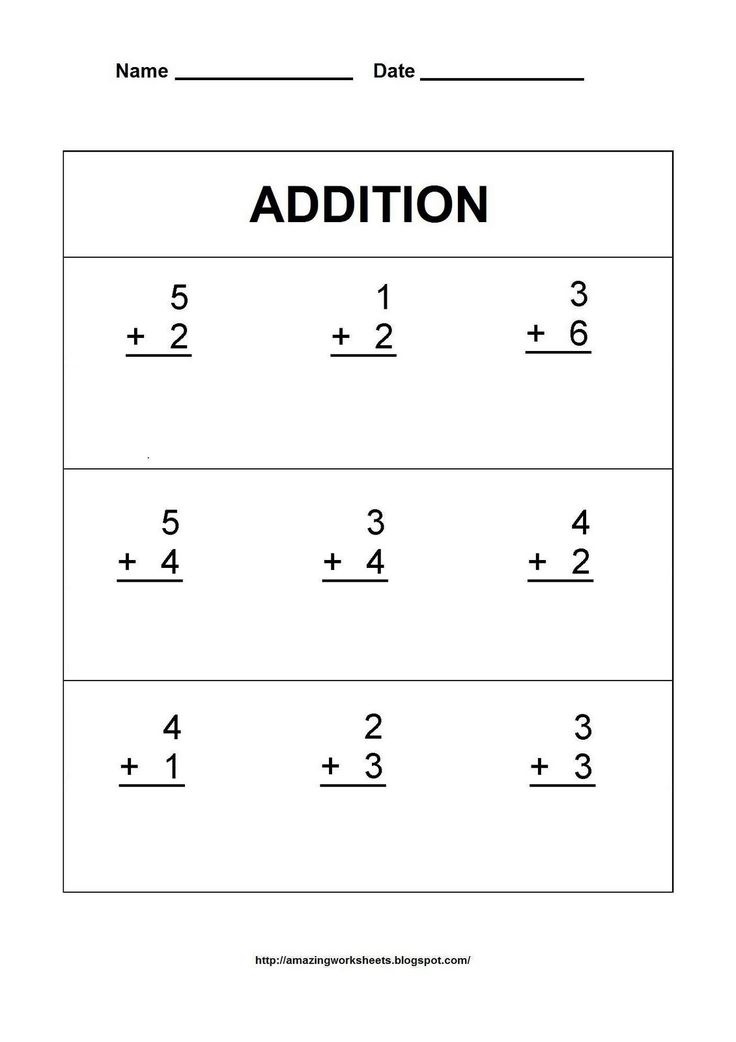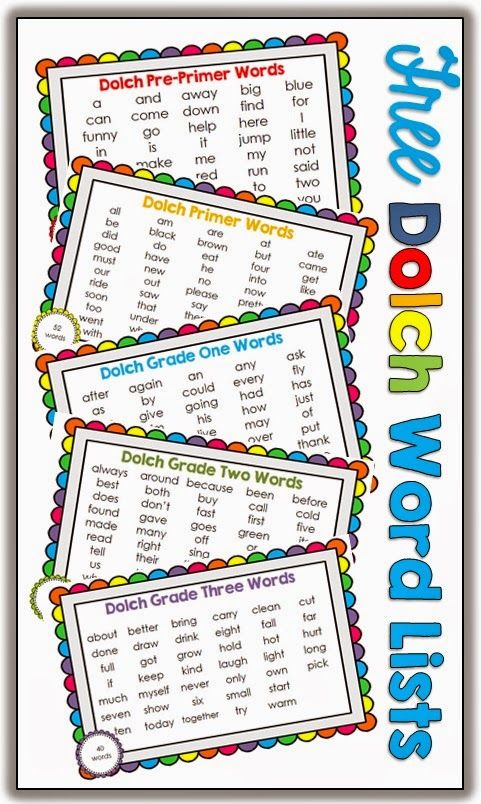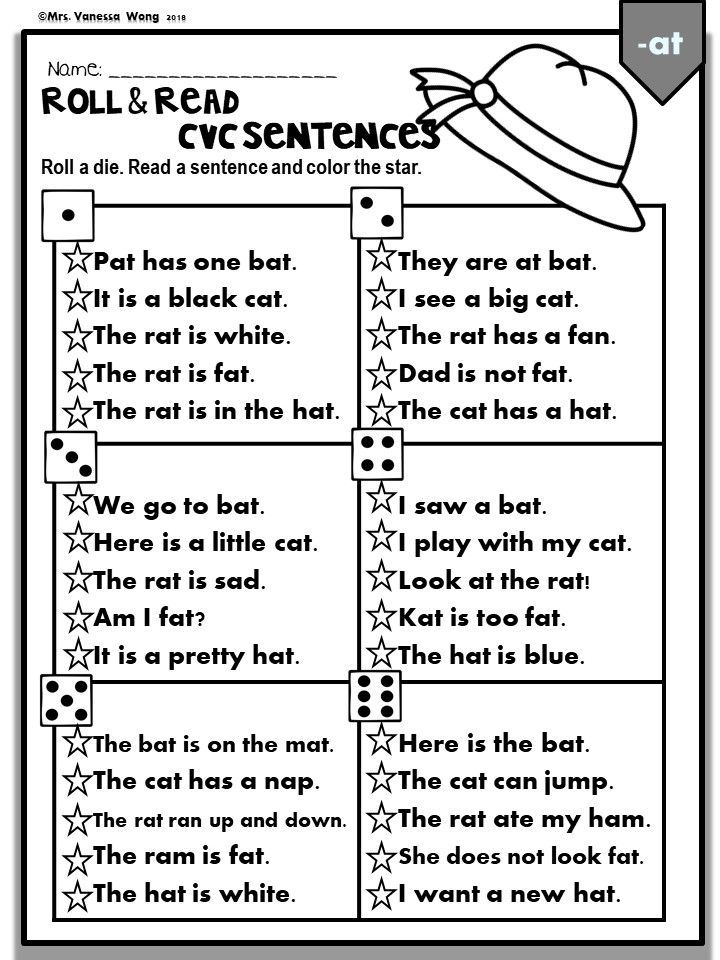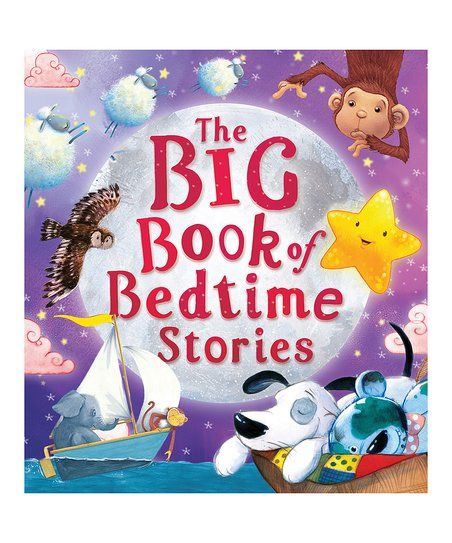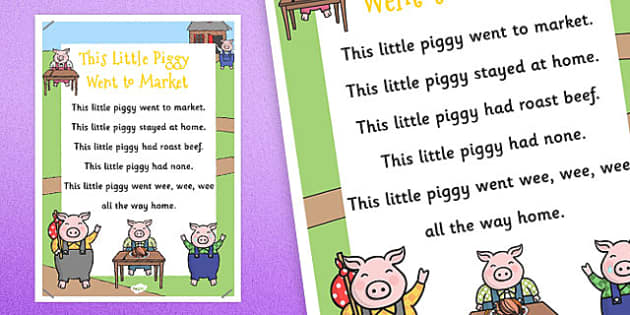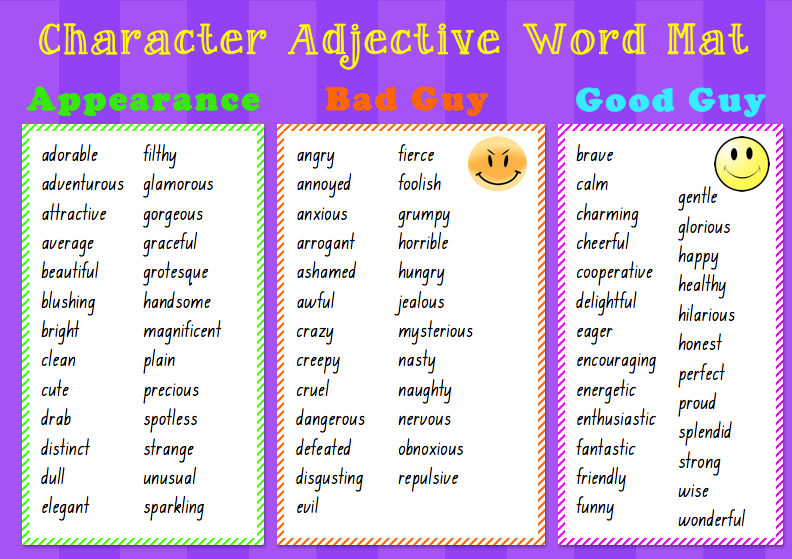Vocabulary building strategy
Learn How to Improve Your Vocabulary
Being able to effectively communicate, both verbally and in writing, is a very important skill to develop. Effective communicators are highly sought after by organizations and companies. People are often judged by their vocabulary, whether negative or positive. Additionally, a strong vocabulary is the single best predictor of academic success in school. For these reasons, and many others, it's important to take every opportunity to improve your vocabulary.
There are several strategies and concepts educators, teachers, parents and students can employ for building vocabulary. However, below we're going to cover just a few of the proven strategies and concepts we believe are at the core of effective and life-long vocabulary building – for children of any age.
Read. read. read.
Independent reading is key!
In our opinion, the biggest factor influencing vocabulary is the sheer volume of reading performed. Studies show that regular independent reading, and reading a rich variety of texts, provides the most positive impact on vocabulary. Students who develop a habit of reading at a young age, develop large vocabularies and have a greater ability to understand written and verbal communication than students who don't read regularly. It's just a fact, people with extensive vocabularies typically read a lot.
Developing an extensive vocabulary requires reading publications covering various subjects and texts, including magazines, textbooks, novels, etc. We recommend spending at least 20 minutes a night reading. One night I read a novel. The next a magazine. And when you read, sometimes read aloud. Reading aloud from time to time provides the added benefit of hearing the words you're reading.
Instead of consulting a dictionary every time you encounter an unfamiliar word while reading, try to determine word meaning by evaluating the context of the sentence and surrounding words.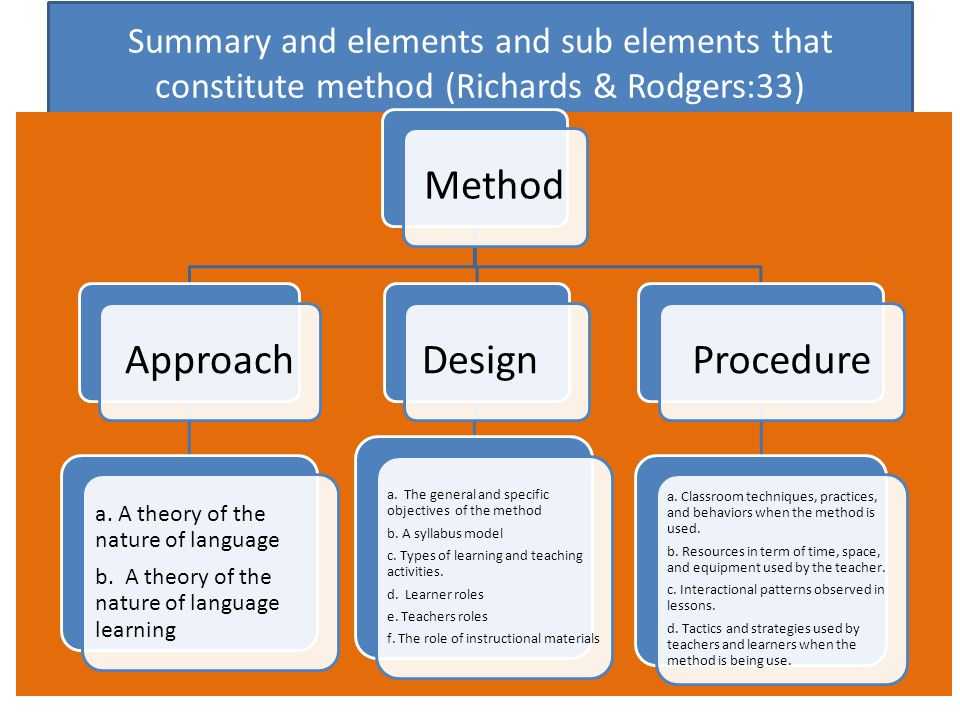 Searching for clues in surrounding text will not only help you decipher word meanings, it will cement in your memory what a word means and improve your recall for future recognition and use.
Searching for clues in surrounding text will not only help you decipher word meanings, it will cement in your memory what a word means and improve your recall for future recognition and use.
Make it personal through association
Relating words to your life will make them easier to remember and use again. The best way to do this is to associate newly learned words with people you know, places you're familiar with, or important events in your life. Many people rhyme new words they learn with words they already know to improve retention. This is called "association". Associating new vocabulary with something already stored in your brain makes it much easier for your brain to recall the new word in future.
Make it fun!
Building vocabulary is a very important aspect of life-long learning, personal fulfillment and academic advancement, but let's be honest, it's not always the most enjoyable activity – especially for younger children. If you want to make building vocabulary effective, it needs to be fun.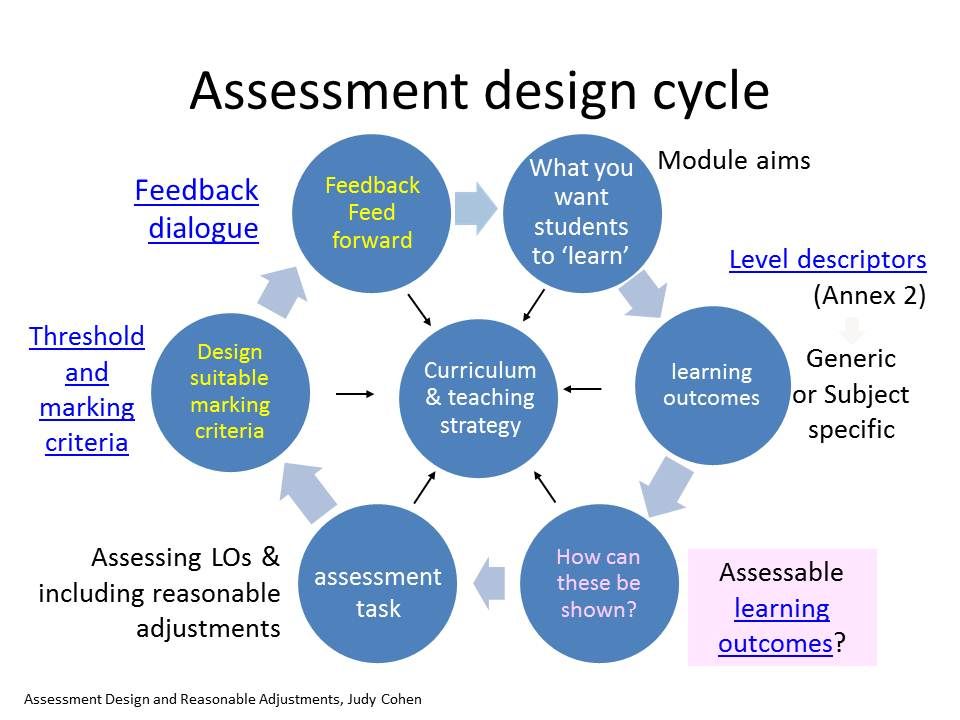
Utilizing word games is an effective strategy for increasing vocabulary. Since games are engaging and fun, children will usually devote more time studying vocabulary when it involves a game. Word games are effective for helping anyone build their vocabulary, but can be especially effective with adolescents or small children who get with reading and other vocabulary building exercises.
Repetition
One of the best ways to increase vocabulary is through repetition. Throughout the day, repeat a word you're trying to learn to embed it within your memory. You can also write down a word multiple times on a piece of paper to improve your memory. Writing a word down provides the added benefit of seeing the word again and again.
Another repetition strategy frequently used to improve vocabulary is to create a sentence using a word you're trying to learn and then repeating the entire sentence several times. Repetition of a word, within a context that communicates its meaning, is a powerful strategy for enhancing vocabulary.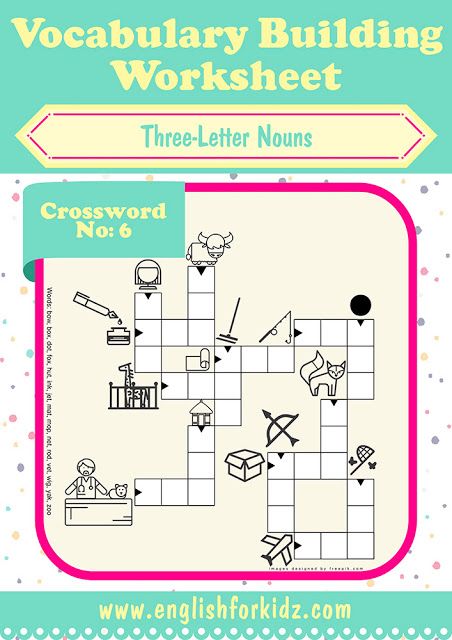
6 Quick Strategies to Build Vocabulary
When several of Megan Kelly’s sixth-grade social studies students kept stumbling over vocabulary words she assumed they already knew, she discovered a blind spot in her teaching practice. “Why should they know these words if I’m not being intentional about teaching them?” Kelly asks in an article for MiddleWeb. Aware that regular exposure to rich, varied vocabulary would bolster her students’ long-term academic success, she set out to find smart strategies “to incorporate vocabulary into small pockets of time in class.”
Traditional vocabulary instruction can be a passive exercise, says literacy specialist Rebecca Alber, an instructor at UCLA’s Graduate School of Education—but “copying definitions from a dictionary,” isn’t ultimately an effective strategy, Alber argues. Instead, students need “multiple and various exposures to a word before they fully understand that word and can apply it,” research shows, and in order to be truly memorable, vocabulary needs to be learned in context, she adds, not as “standalone lists that come and go each week.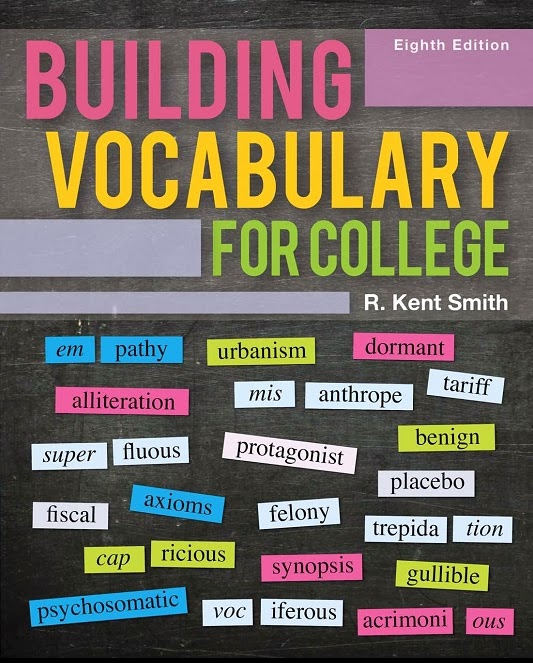 ” Kids also need opportunities to revisit words they’ve learned throughout the year: “Keep an ongoing list displayed in the classroom of all the words you have ‘owned’ as a class,” Alber suggests. “Periodically revisit and challenge students to use them, for example, in a one-minute essay or a quick write.”
” Kids also need opportunities to revisit words they’ve learned throughout the year: “Keep an ongoing list displayed in the classroom of all the words you have ‘owned’ as a class,” Alber suggests. “Periodically revisit and challenge students to use them, for example, in a one-minute essay or a quick write.”
Meanwhile, given the constraints of time and curriculum sequencing, vocabulary instruction often gets short shrift, observes veteran teacher and education consultant Marilee Sprenger in another MiddleWeb post. But dedicating entire lesson blocks to vocabulary isn’t necessary because even “brief encounters with words”—Sprenger says 10 minutes or even as little as 2 minutes—can be surprisingly effective, as long as they’re woven into lessons regularly. “If we explicitly teach about 300 words per year to our students, it can make a big difference in their vocabularies,” Sprenger writes. “Some students will learn about 3,000 or 4,000 words per year due to the literacy that surrounds them, while others have limited access and will only learn 1,000.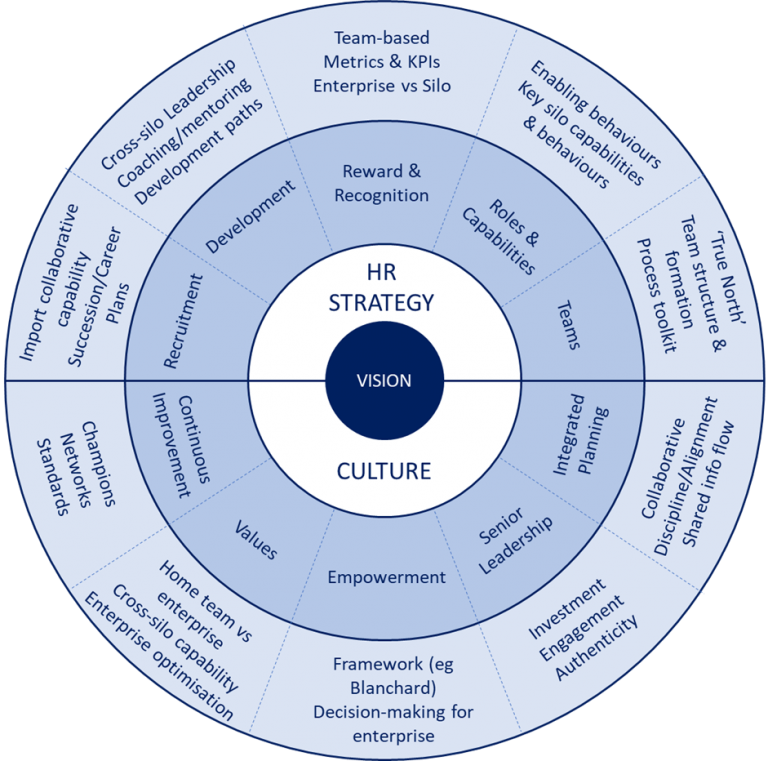 Imagine how much you will be helping those students who have limited outside access to greater vocabulary.”
Imagine how much you will be helping those students who have limited outside access to greater vocabulary.”
Here are six quick, engaging classroom strategies—sourced from Kelly and Sprenger and from our Edutopia archives—for weaving vocabulary into your curriculum without disrupting your regular classroom flow.
Sing or rhyme it: Ask students to create a short song or poem that includes a chosen vocabulary word and its definition, suggests Sprenger. Students can work in pairs to develop the song or rhyme. “A jingle for the word clarify might be: ‘clarify and shed some light, explain with details and say it right,’ or ‘clarify to avoid confusion, explain clearly for the right conclusion,’” Sprenger writes. Later, as kids transition to another activity, or line up, or get out of their seats to get new materials, ask them to sing or recite their jingle.
Let students choose their own words: “One of the biggest mistakes we teachers make in vocabulary instruction is selecting all the words for the students and not giving them a say in the matter,” says Alber.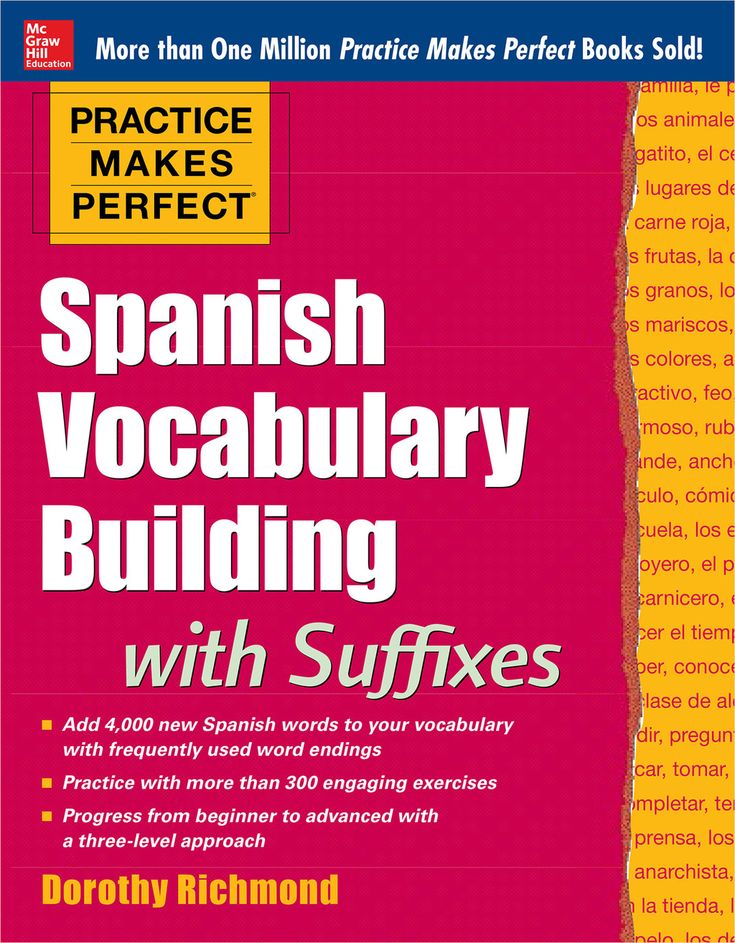 Ask students to skim the first chapter or passage of a text you’re reading together, for example, and select their own words, marking them as “know it,” “sort of know it,” or “don’t know it at all.” Then, before looking up the actual definition, ask them to propose a definition for the words they know and kind of know, and use this data as a gauge to guide your vocabulary work.
Ask students to skim the first chapter or passage of a text you’re reading together, for example, and select their own words, marking them as “know it,” “sort of know it,” or “don’t know it at all.” Then, before looking up the actual definition, ask them to propose a definition for the words they know and kind of know, and use this data as a gauge to guide your vocabulary work.
Pick three: Choose three words to focus on that day, and post the words and their definitions prominently in class. “Ask students to set a goal with a partner for how many times they will use the words. Then, really ham it up with the word usage,” says Kelly. As her students played a board game about creating a civilization, for example, Kelly used the day’s words—thrive, surplus, and impact—as often as possible while giving directions, and then “made a big deal whenever I heard a student say one of our goal words,” which in turn encouraged students to find ways to incorporate the words as much as possible as they played the board game.
Act it out: In small groups or pairs, have students briefly act out one of the week’s vocabulary words, says Sprenger. Research shows that the body often remembers what the mind forgets: When researchers asked 8-year-olds to mimic the words they were learning in another language by using their hands and bodies to act out the word’s meaning—spreading their arms and pretending to fly while they learned the German word for airplane, for example—the students were 73 percent more likely to recall them, even two months later.
Think of what it’s not: Learning new words doesn’t need to feel like work, says Rebecca Givens Rolland, an oral and written language specialist at the Harvard Graduate School of Education. In fact, “students can be more engaged when they’re allowed and encouraged to play with language,” which can deepen their understanding of new words, she writes.
One playful strategy is to challenge students to “Ask not just, ‘What does this word look or function like?’ but also, ‘What does it not look or function like?’,” says Givens Rolland.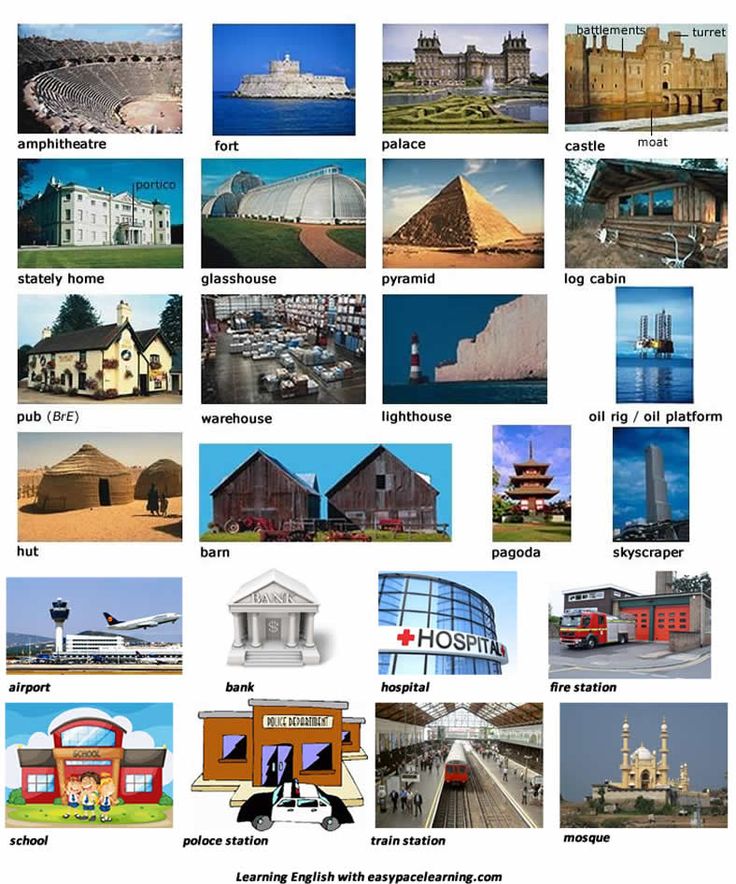 So when students are defining an acute angle, they might say “it looks sharp, but “it does not look curvy, or wavy, or square.” For every word your class discusses, be sure that students are specific about the difference between the original word and the things it is not. “This process of description will help build their vocabularies and strengthen their abilities to make connections between one topic and the next,” she explains.
So when students are defining an acute angle, they might say “it looks sharp, but “it does not look curvy, or wavy, or square.” For every word your class discusses, be sure that students are specific about the difference between the original word and the things it is not. “This process of description will help build their vocabularies and strengthen their abilities to make connections between one topic and the next,” she explains.
Draw it: For a novel take on drawing to remember, provide each student with a whiteboard and marker and then “ask students to balance the whiteboard on their head and then draw the vocabulary word in a set amount of time (40-50 seconds keeps the game moving),” Kelly suggests. “Once finished, they should explain their drawing to a partner.” Or, for a less giggle-inducing approach, have students draw the vocabulary words quickly—on paper on their desks—and explain their drawing to a partner. A 2018 study revealed that, even for fledgling or indifferent artists, drawing what they learned doubled retention rates, when compared to kids who wrote or read the same material.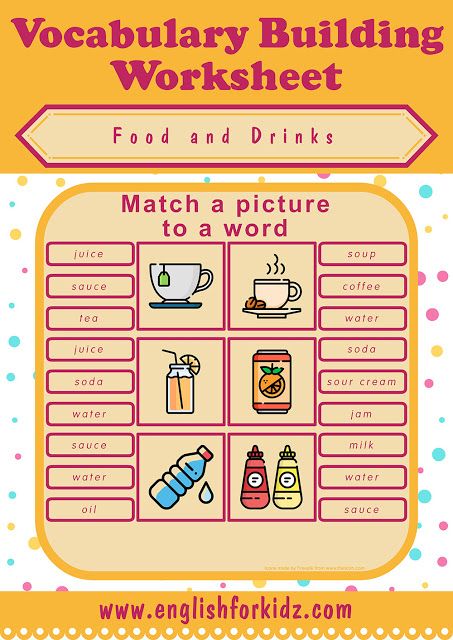
5 Continuous Vocabulary Strategies for TOEFL
Have you already started preparing for the TOEFL? Have you submitted it yet? Are you never going to go through it at all?
Actually, your answer doesn't matter. You are learning English, which means you understand that you need to memorize new words. But have you ever memorized a word, and after a few days - or even minutes - you forgot it? If everything is in order with you, then the answer will be positive.
Unfortunately, memorizing new vocabulary - especially all those tricky words for TOEFL iBT - can be really tricky. Teachers in schools often force children to memorize such lists, but they do not help their students by teaching them about useful techniques. If students manage to memorize the words in this case, they cannot use them or even pronounce them correctly. As a result, students become frustrated, feel like idiots, and come to the conclusion that memorizing vocabulary is a very difficult task. But it's not! We are ready to share with you 5 simple and effective strategies for memorizing new words.
But it's not! We are ready to share with you 5 simple and effective strategies for memorizing new words.
Strategy #1: Set realistic goals
You should tackle a reasonable amount of new vocabulary. If you try to learn too many phrases in a short amount of time, you will only really remember a few of them. Imagine that you have a list of 30 new words in front of you, and you want to master them. Great, but...
How much free time do you have?
You need to sleep, shower, dress and take care of yourself, eat, spend time on the road, go to school, college or work... And then there's Facebook, family, friends, sports, TV. And household chores. And at least sometimes you just have to sit and do nothing.
You're busy. You live. You may indeed only have 1 hour per week to work on new vocabulary (60 minutes/30 words = 2 minutes per word). Imagine that you finally sat down, pulled out your list of phrases, and stared at it. Great, 2 minutes. Forward! Write, pronounce, memorize, insert into sentences.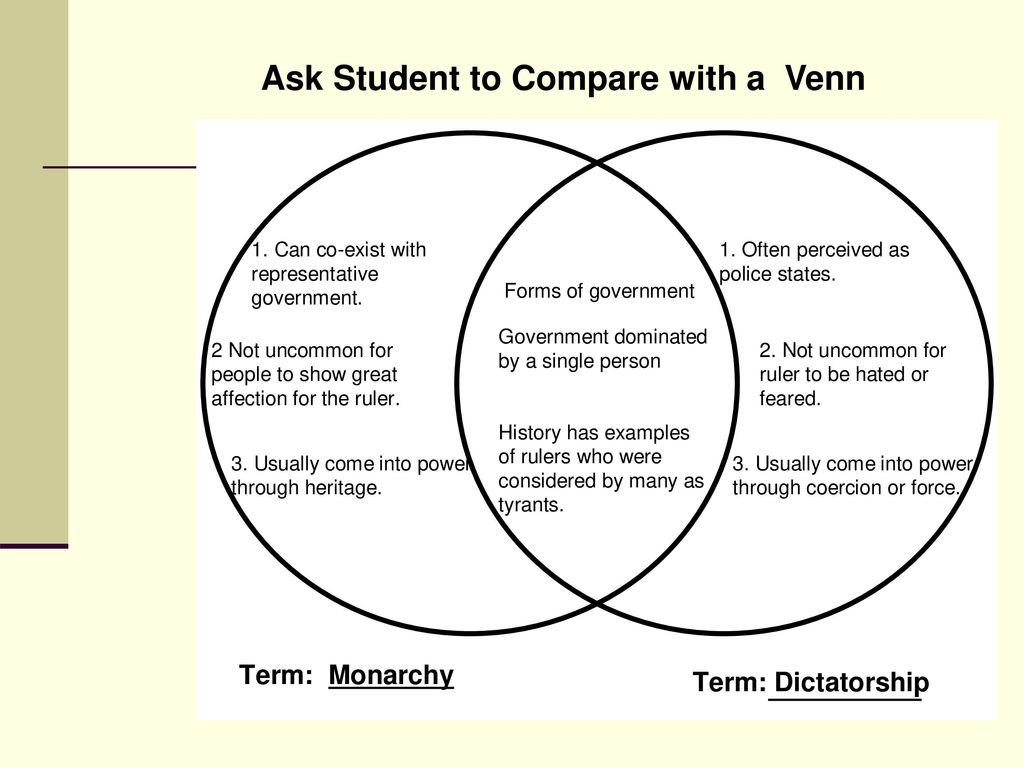 Forward! Forward! You only have 2 minutes for each word!
Forward! Forward! You only have 2 minutes for each word!
And what do you think about it? Is this real for you? No, it seems impossible. Most students need at least 4-5 minutes to memorize, pronounce and write down a new word correctly, come up with a sentence with it and include it in their thoughts.
Think back to ordinary life
How much time do you really have to work with vocabulary? Are you free on Monday afternoons? On Thursday evening? On Saturday? When? Can you work with a dictionary while sitting on the bus? What about before school? Between classes? After study? Count your free time and divide it into 5-minute intervals. This will give you a number showing how many new words you should memorize in a week.
If you break away from reality, then you will be disappointed. Working with vocabulary (and being able to think fast enough to use it!) takes time, patience, and dedication. Most ordinary people are not able to absorb a lot of information quickly.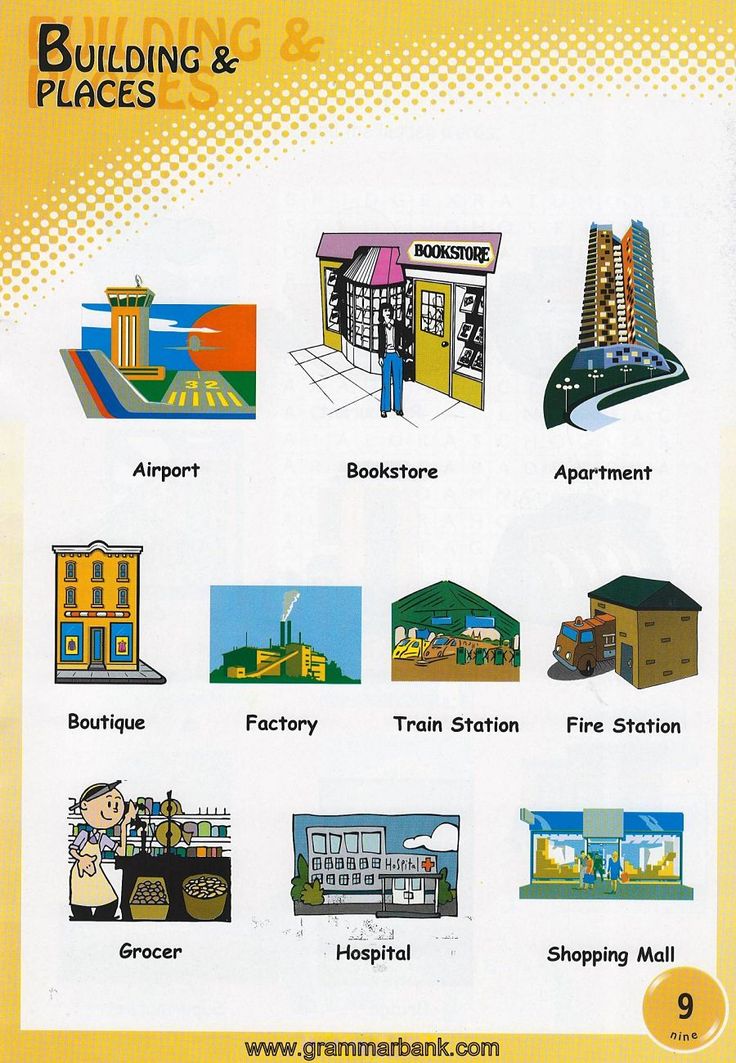 Your eyes are not cameras and your brain is not a bookshelf.
Your eyes are not cameras and your brain is not a bookshelf.
Strategy #2: Don't memorize words in alphabetical order
Situation:
Imagine that you found a list of 30 words in a dictionary. They are in alphabetical order (for example, they all start with the letter "a"). Each of them is accompanied by either an interpretation in English or a translation into your native language.
It. Terrible.
Memorizing words from a dictionary can cause various problems. Here are just 2 of them:
1. You can easily get confused by similar words (for example: "In English, would it be 'abase' or 'abate'? 'S' or 'T'?! Damn it!")
2. Your brain becomes lazy and refuses to actively learn if you show it the word and the translation at the same time. (For example: "increase / زيادة" or "increase / aumento" or "increase / meningkatkan").
If you have both words in front of your eyes at once, then you just LOOK at them.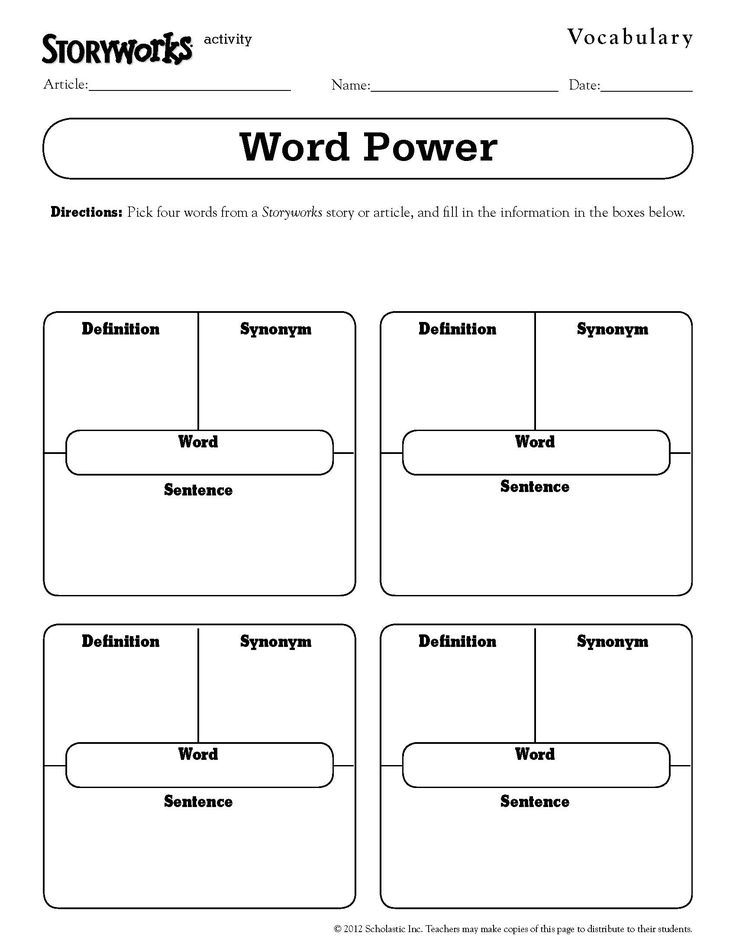 And this has nothing to do with creating a problem that your brain should have solved.
And this has nothing to do with creating a problem that your brain should have solved.
We asked our teacher for some advice on memorizing vocabulary for TOEFL. Here is what she recommended to us:
Make reminder cards!
Cards can be carried with you everywhere. And the effect achieved thanks to them is much higher. Why? Everything is simple, and it will take about 3 minutes to memorize each word.
Practice 15 minutes a day!
Sign up
for a free trial lesson in any group
By clicking, you agree to the processing of your personal data
DO NOT leave cards at home. They should "settle" in your pocket - then you will be ready to work out at any moment. Study them for 5 minutes while sitting on the bus. Give them 3 minutes between lessons. Spend 8 minutes working with them, waiting for a friend in a cafe.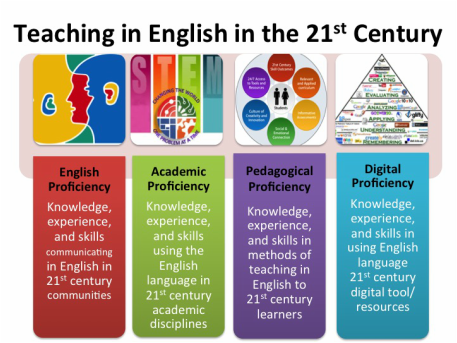 Total: 15 minutes a day.
Total: 15 minutes a day.
If you can find 15 minutes of vocabulary practice every day, then increase the time allotted for memorizing words by 105 minutes per week. And this is almost 2 hours - and already much more than the originally declared 1 hour!
Strategy #3: Practice pronunciation
The English language is replete with puzzle words, the sounds of which are radically different from the letters written on paper. For example, "draught" or "rough" or "through" or... The list is endless. Fortunately, using an online dictionary, you can find the correct option in just a few seconds.
Strategy #4: Write a word many times in a row
You have to be good with spelling. On TOEFL iBT, spelling affects the grade for the written part of the work. Sloppiness and stupid typos [example: my nmae si Jaime] reduce the result.
Yes, we understand that spelling in English is terrible. American students have no easier time than foreign students.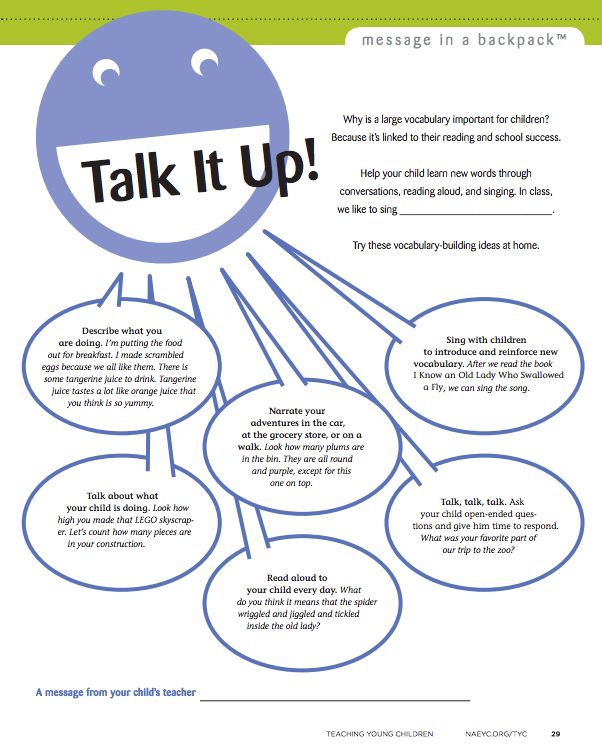 Every Monday they receive a list of 10-15 words. And every Friday they write a dictation. And so every week: a new list and a new test.
Every Monday they receive a list of 10-15 words. And every Friday they write a dictation. And so every week: a new list and a new test.
Fun?! Believe me, many Americans have terrible spelling problems. The invention of "spell checker" in Microsoft Word is a godsend for them.
However, TOEFL iBT will have only one verifier - yourself.
Muscle memory is sometimes stronger than visual memory. Through active practice, your hands memorize the order of the letters in words. They feel how the right word is spelled correctly.
Take advantage of muscle memory
Learn to write complex words on drafts. Write the word correctly 3-4 or 7 times. In parallel, pronounce it - practice pronunciation. And then write down the word WRONG. Yes - make a mistake! Replace some letters. Then cross out the last option and write the word correctly again.
For example:
agriculture
agriculture
agriculture
agriculture
agracaltur ← error! Agriculture
Strategy No.
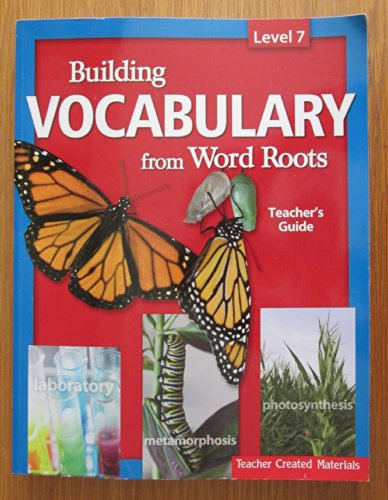 5: Regular repetition
5: Regular repetition Remember we said, "Your eyes are not cameras and your brain is not a bookshelf"? So it was, so it is, and so it will always be. So... if your brain is not a bookshelf, then WHAT is it? This is a muscle - the brain needs to be trained, give it exercises, ask it to remember, remember, remember. Repetition is the most important thing you can do.
Situation:
This month you have decided to learn 15 words a week for 4 weeks. You have made 15 reminder cards, carry them with you and use them to study everywhere.
- At the end of the first week, put 15 cards on the table and move on to the next 15 words.
- At the end of the second week, repeat all 30 cards in 5-10 minutes. Then put them on the table and grab the next portion.
- At the end of the third week, take 5-10 minutes to review all 45 cards. Then put them aside and move on to the last 15 words.
- At the end of the month, work on all 60 reminder cards.
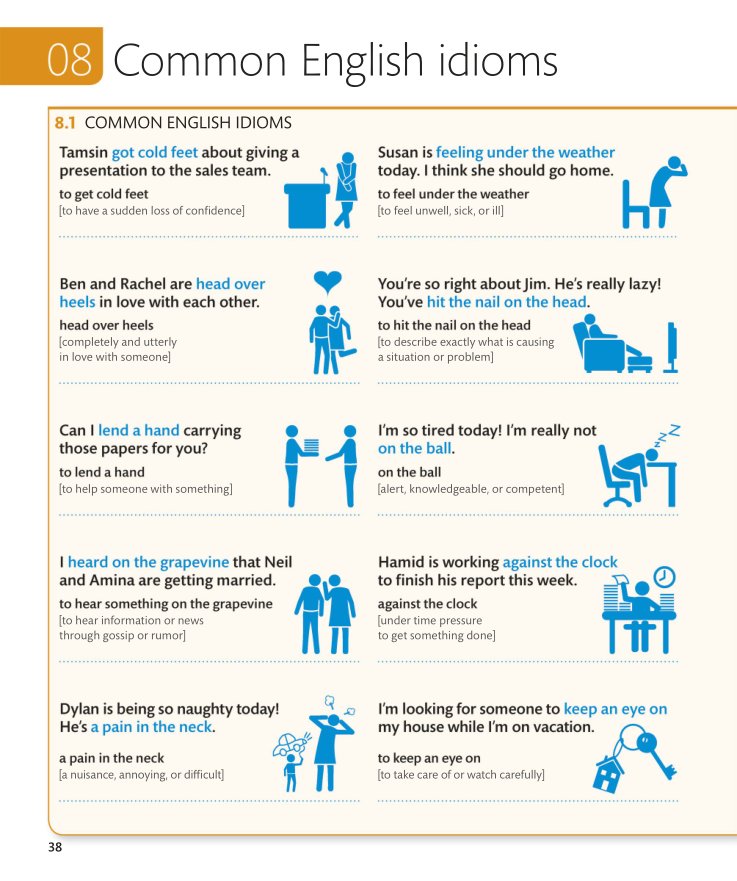
Every week you skim through the "old" information. Do not put off memorizing words for later. The longer you are going to get down to business, the lazier your brain becomes. He needs to be forced to train, work, think, give results. By exercising constantly, you avoid stress. And study in this case does not seem too difficult.
The author of the translation is Vyacheslav Davidenko, founder of MBA Consult
Source
Tags: TOEFL, vocabulary, TOEFL preparation, time management, goal setting
How to develop vocabulary | Blog 4brain
The richness of any language is in its words, and the Russian language is known throughout the world for its diversity. Thanks to this, each of us can talk, convey our thoughts, express ourselves eloquently. The accuracy of the formulations we select and the beauty of speech directly depend on the amount of vocabulary that we have. The more words we know, the more often we use them, the brighter and more colorful our speech, the more accurately we convey the meaning.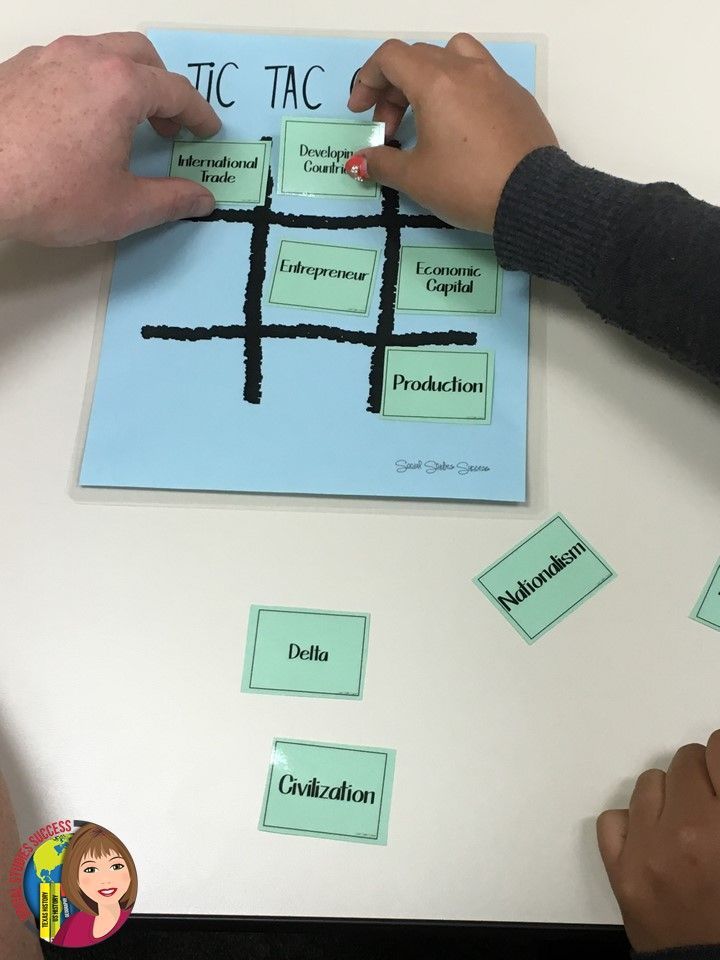 In addition, a rich vocabulary is evidence of the intellectual development of a person. It can be useful to us at work, in school, in public speaking, in normal everyday communication. That is why the development of vocabulary is so important and even necessary. In our articles “10 Ways to Increase Your Vocabulary” and “Strategies for Enriching Your Vocabulary”, we have already talked about this topic, but there is something to add here.
In addition, a rich vocabulary is evidence of the intellectual development of a person. It can be useful to us at work, in school, in public speaking, in normal everyday communication. That is why the development of vocabulary is so important and even necessary. In our articles “10 Ways to Increase Your Vocabulary” and “Strategies for Enriching Your Vocabulary”, we have already talked about this topic, but there is something to add here.
What you need to know about vocabulary
To begin with, it is useful to know that in the science of language, it is customary to use a special term for vocabulary - "lexicon". It is the best suited to convey the essence of the concept of "vocabulary". It is important to understand that the lexicon is not just an archive of words, but a whole complex of vocabulary units of the language that society uses and a person owns.
And here we must immediately clarify that having a vocabulary and using it are two different things, and one should not be equated with the other.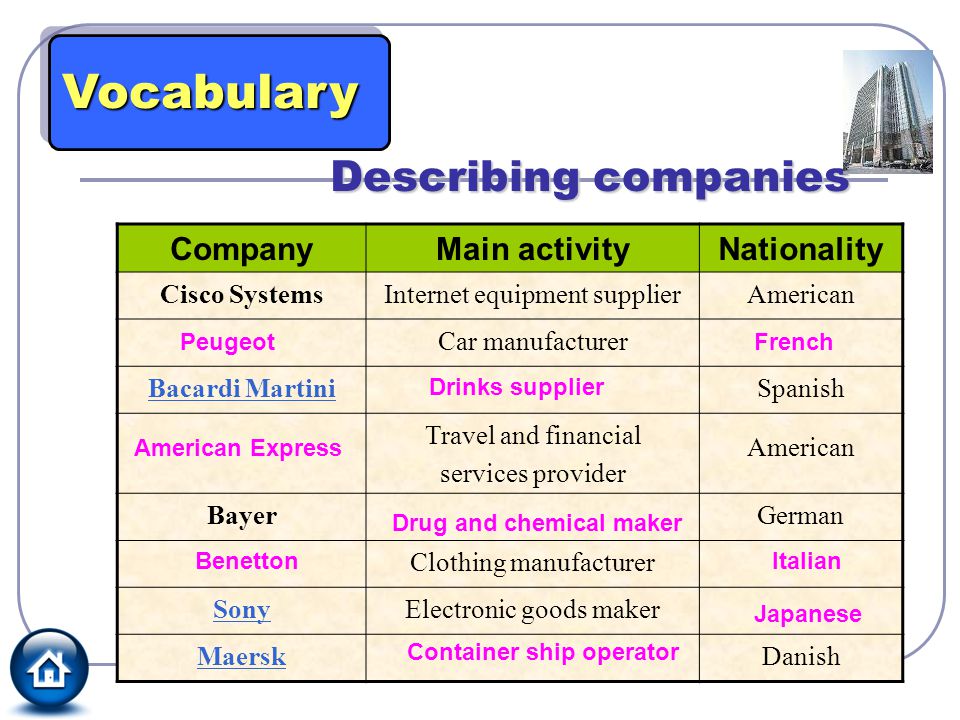 Lexicon includes:
Lexicon includes:
- Active vocabulary. This includes the set of words that we use every day, constantly, communicating with relatives, friends, work colleagues and everyone around us. Also, these are the words that we hear from other people and can freely insert into our speech, without really thinking about their meaning. We use active vocabulary not only in oral speech, but also when we write letters, SMS, messages on social networks, etc. The main features of an active lexicon are the freedom of its use and the absence of any need to make efforts to select certain words, to look for their meanings in memory.
- Passive vocabulary. Here are all the words that we know, including those whose meaning we can easily understand when they come across to us in someone else's speech, the Internet, written sources. However, these are all words that we use very rarely or not at all in our speech. It is easy to guess that the passive lexicon can be several times larger than the active one.
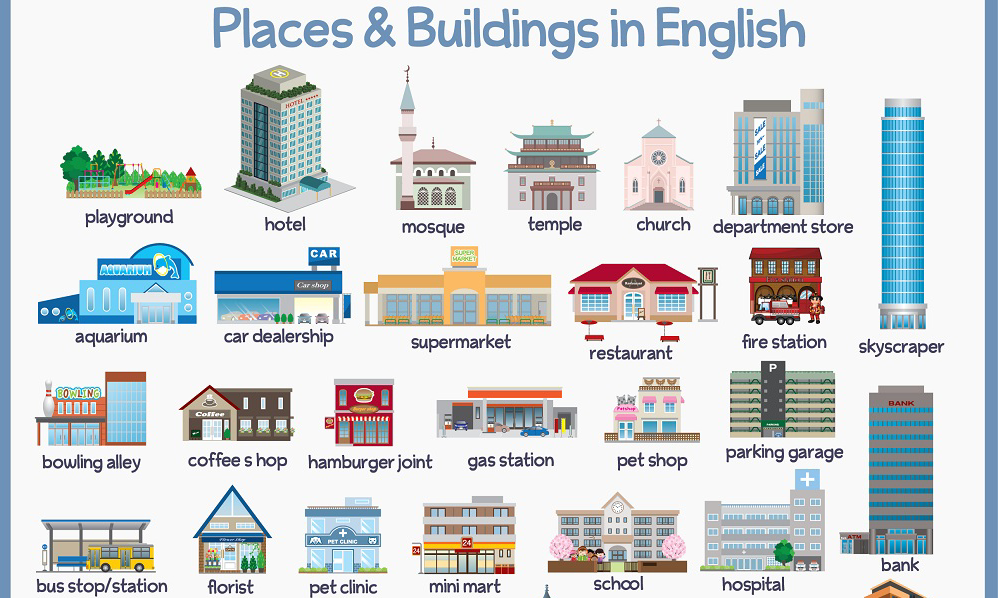 Naturally, if necessary, we can delve into the memory and find words from the passive lexicon there, but in ordinary life they serve as unused "baggage".
Naturally, if necessary, we can delve into the memory and find words from the passive lexicon there, but in ordinary life they serve as unused "baggage". - External vocabulary. This definition is most often used in psycholinguistics to refer to words that a person does not know and which belong to specific areas of knowledge. If we meet such words in someone's speech or text, we will not understand their meanings. The external lexicon can be called a "blind zone", within which there are archaisms, neologisms, professionalisms, highly specialized concepts, terms, etc.
It is not always possible to define clear boundaries between different types of vocabulary, since they are quite blurry and can constantly shift in one direction or the other. Plus, you need to understand that, for example, a child who is just going to school can literally speak a couple of thousand words, and by the end of school there are already about five thousand of them in his lexicon.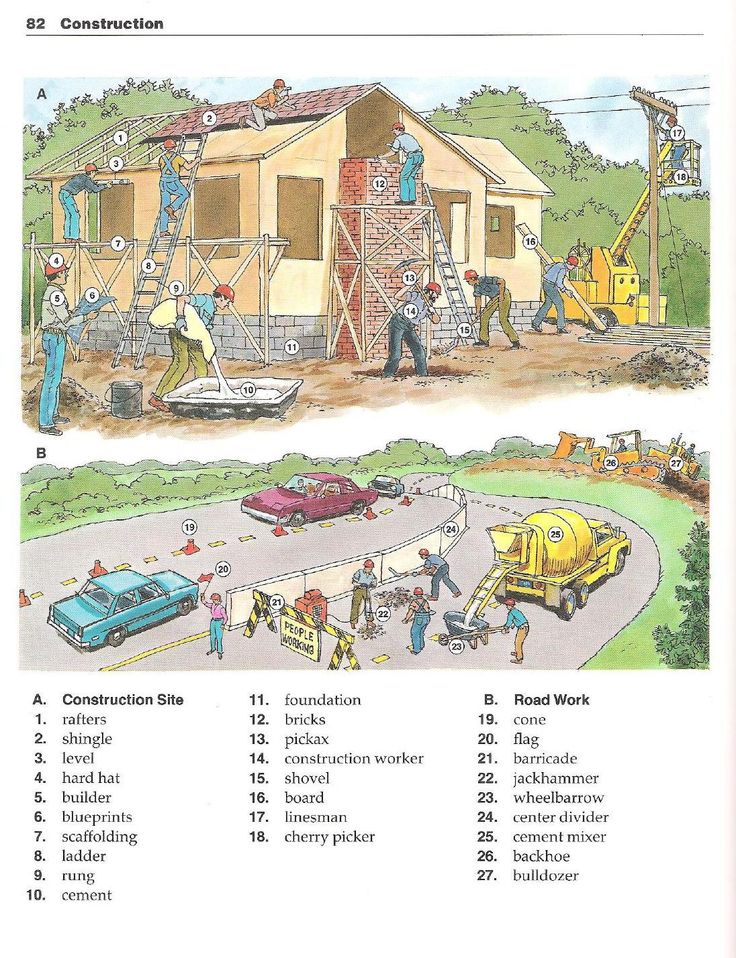 And, in principle, this amount is already quite enough for everyday life; almost all of these words are actively used.
And, in principle, this amount is already quite enough for everyday life; almost all of these words are actively used.
If a person continues to study, reads and learns new things, his vocabulary can expand to ten thousand words, but a huge number of them will already belong to the passive vocabulary. But the lexicon of true scholars and intellectuals sometimes has up to 50 thousand words. Of course, only a small part of them will be actively used. The rest will be used by such people to communicate with similar scholars or in the process of reading specific literature. At the same time, their passive vocabulary for most ordinary people will be in the zone of external vocabulary.
Next, we will focus on how to develop active vocabulary. We also advise you to read the article “How to transfer vocabulary from passive to active vocabulary” and take a short video test to find out approximately how developed your vocabulary is currently.
YOUTUBE How rich is your vocabulary
Vocabulary development
The following exercises and techniques for the development of speech and vocabulary are great for children and schoolchildren, as well as for students and adults.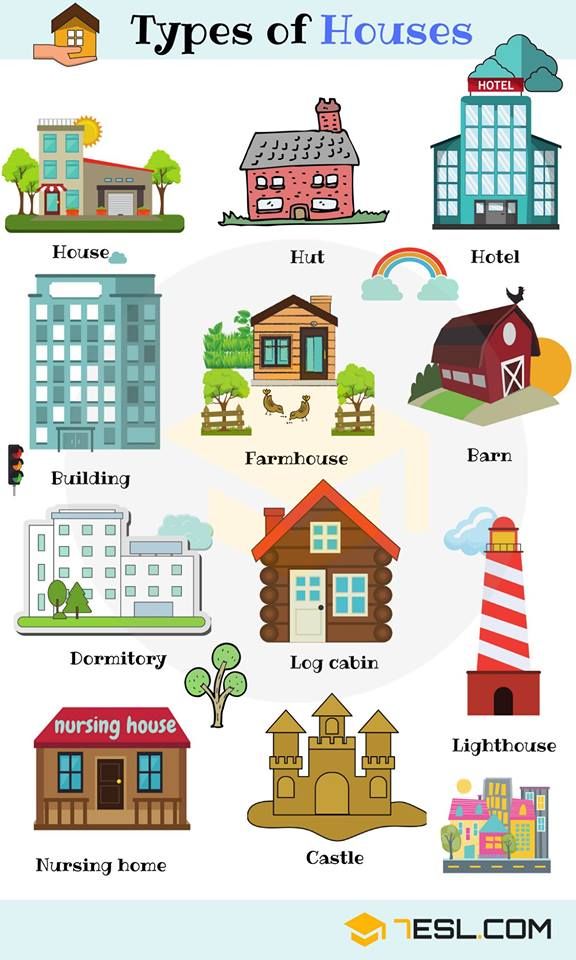 There are no special rules and instructions for their implementation, except for the only one - they must be applied, and the more often you exercise, the better results you will achieve. Let's start by looking at three groups of tasks, and then we will give some useful recommendations.
There are no special rules and instructions for their implementation, except for the only one - they must be applied, and the more often you exercise, the better results you will achieve. Let's start by looking at three groups of tasks, and then we will give some useful recommendations.
General exercises for the development of vocabulary
Exercises from this group can be performed orally or in writing:
- Exercise "Alphabet". You need to come up with sentences in which words begin with each letter of the alphabet in order. For example: “Antosha wanders in the thick of trees, eats honeysuckle, yawns. And the beauties of the forest sweetly, gently captivate ... ”etc. Try to come up with sentences using all the letters from A to Z.
- Exercise "Nouns". You are telling a short story using only nouns. For example: "Morning. Coffee. Car. Office. A computer. Dinner. Evening. The outside. House. Entrance", etc.
- Exercise "Verbs".
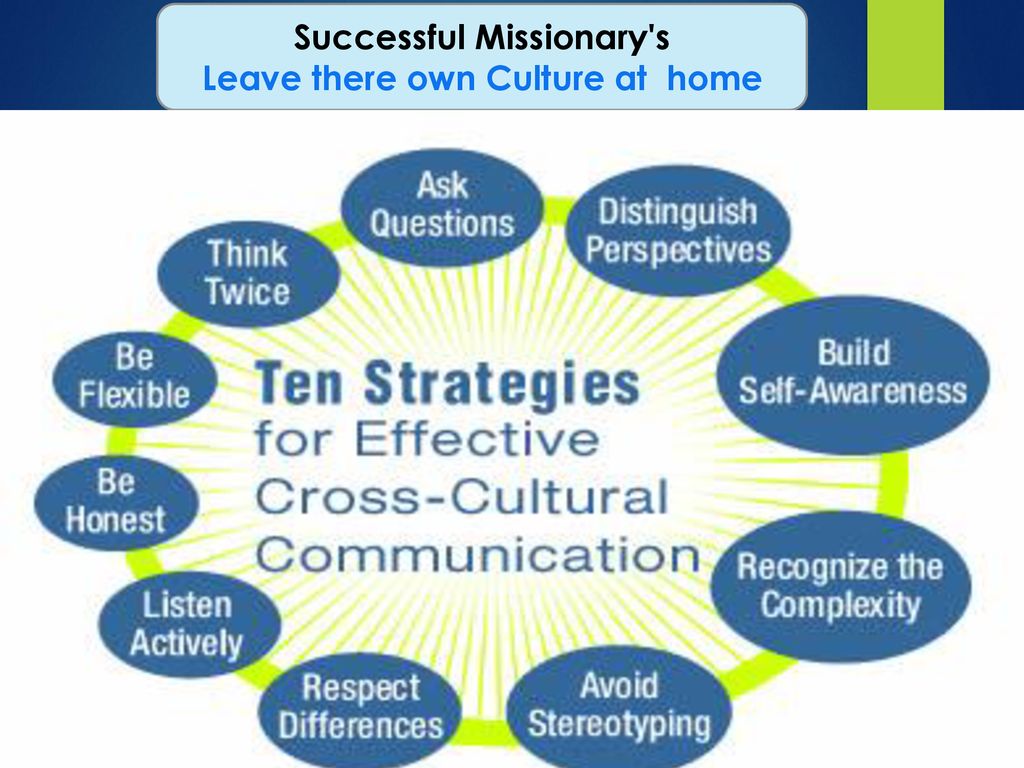 Similar to the previous exercise, you tell a short story using only verbs. For example: "I came, I saw, I conquered."
Similar to the previous exercise, you tell a short story using only verbs. For example: "I came, I saw, I conquered." - Exercise "Adjectives and adverbs". Everything is done, as in the previous exercises, only using adjectives and adverbs.
- Exercise "Monophone". You come up with sentences in which all words begin with the same letter. The words must be related. It is desirable that the meaning be preserved, but at the first stage, you can give yourself an indulgence - not to think too much about the meaning.
At first, these exercises will not be easy, especially for schoolchildren and children, but with practice, the results will get better: it will become easier to make interesting sentences and stories, and new words will gradually appear in everyday speech.
Simple and quick vocabulary development techniques
As we already know, the development of speech and vocabulary is necessary primarily for voicing thoughts and conveying meaning.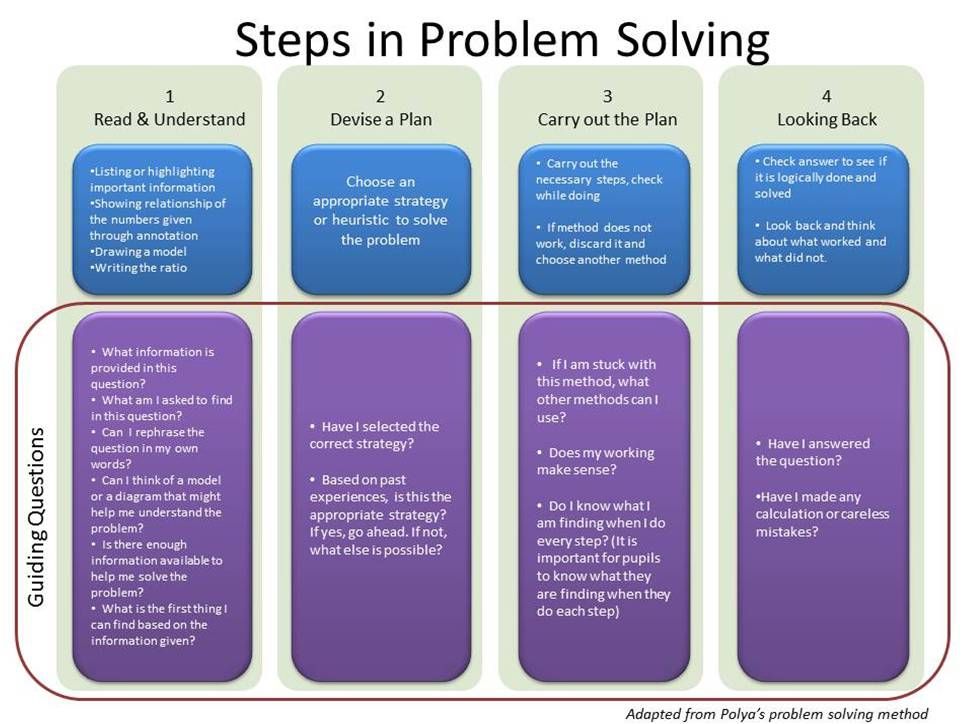 If you constantly train, this skill will develop, and if you do not pay attention to it, then it will become weaker. Based on this, for the development of the lexicon, you need to communicate with people as much as possible, pay attention to the new words that they use, remember their meaning and use it in speech yourself.
If you constantly train, this skill will develop, and if you do not pay attention to it, then it will become weaker. Based on this, for the development of the lexicon, you need to communicate with people as much as possible, pay attention to the new words that they use, remember their meaning and use it in speech yourself.
Here we can give two main pieces of advice:
- It is useful to communicate with diverse and different people. Among them may be: acquaintances, buddies and friends, classmates, classmates and colleagues, training partners, shop assistants and fellow travelers in taxis and public transport, people in social networks and forums, etc. In other words, the volume of vocabulary largely depends on the breadth of the circle of communication.
- It is equally useful to listen to audiobooks. This tool is quite effective and requires almost no effort from you. In addition, it is very convenient: you can listen to audio books (as well as seminars and all kinds of tutorials) in headphones on the way to work or school, in the car during any trips, at home, doing housework or cooking.
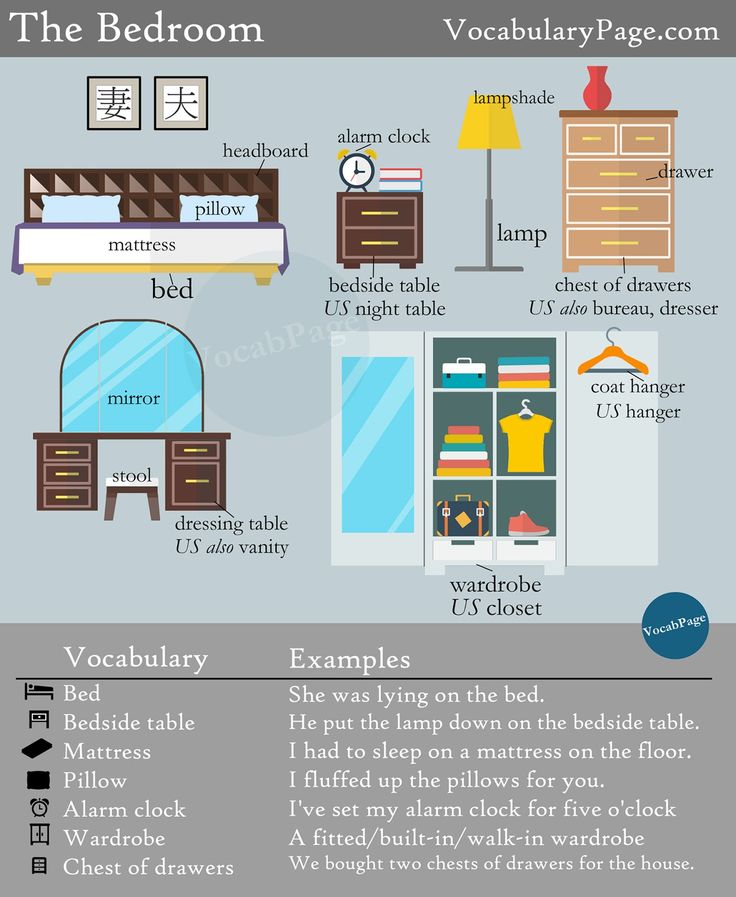 If you wish, you can find special books for the development of vocabulary, collections of quotes and aphorisms, biographies, philosophical and scientific works, works of art and much more.
If you wish, you can find special books for the development of vocabulary, collections of quotes and aphorisms, biographies, philosophical and scientific works, works of art and much more.
The techniques presented are suitable for schoolchildren, students, busy people and businessmen, as well as all those who do not have free time for special classes to expand their vocabulary. If you do not have problems with leisure, and you want to spend time usefully, refer to the following means.
Special Vocabulary Techniques
To use these techniques, you will have to set aside time for them. But the effect will be much stronger than when performing general exercises and using simple and fast tools. Vocabulary development is facilitated by:
- Memorization. If you not only listen and learn new words, but also try to memorize them, you will increase your chances of enriching your vocabulary, and at the same time you will begin to translate many words from a passive vocabulary into an active one.
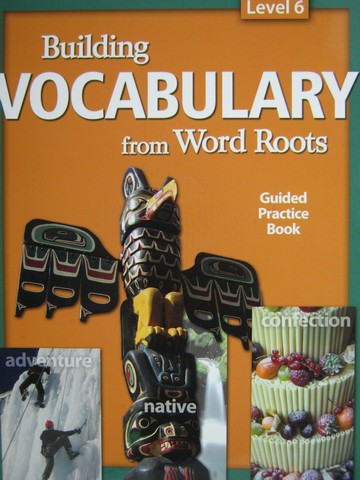 As you know, the best way to remember something is repetition, so at your leisure it is useful to retell the speech of other people, passages from books you read, etc. Try to match the original as much as possible, preserve the style of the author, as well as his manner of presentation. It is no less effective to memorize poems, songs, and even definitions of various concepts.
As you know, the best way to remember something is repetition, so at your leisure it is useful to retell the speech of other people, passages from books you read, etc. Try to match the original as much as possible, preserve the style of the author, as well as his manner of presentation. It is no less effective to memorize poems, songs, and even definitions of various concepts. - Learning foreign languages. You cannot limit your vocabulary to the words of only one language. Learning English, Turkish, Spanish and any other language contributes to the expansion of vocabulary in several directions at once. Firstly, the more new words you learn and memorize, the more connections you establish between them and the easier and faster you can “grab” the right word from memory. And secondly, by studying foreign words, you also get acquainted with the words of your native language, which you did not know before. By the way, an interesting fact: in Russian there are about 500 thousand words, in English - about 250 thousand, and in Japanese - about 50 thousand.
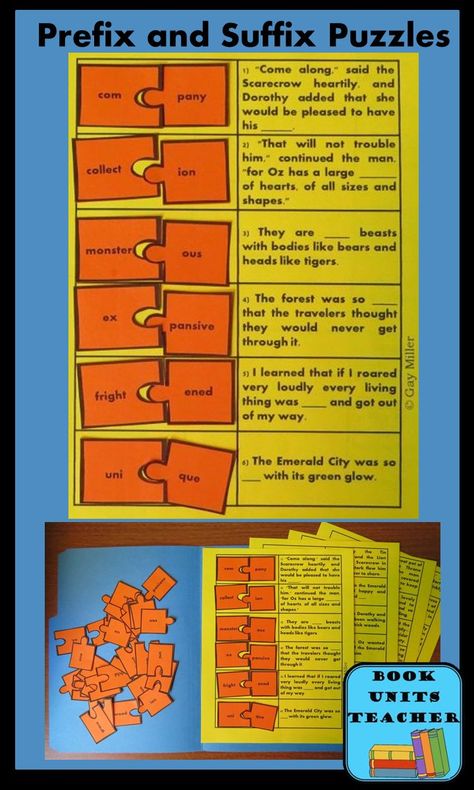
- Keeping a diary. Suppose that for some reason you cannot start learning a foreign language now, do not want to listen to audio books and do not want to communicate with a large number of different people. There is still a way out - to keep a diary. Writing for yourself is not super effective, but it can help anyway. Pick up a notebook or notebook and start writing something down every day. Due to the fact that you will constantly be forced to formulate your thoughts, your vocabulary will begin to grow on its own, because you will need to select certain words, including those that are in the passive vocabulary. And the bonus will be training your literacy and checking your knowledge of the rules of the Russian language.
- Linguistic games. Specialized games, such as word puzzles, charades, rebuses, crosswords, crossword puzzles, etc., are excellent for the development of the vocabulary of children, schoolchildren and adults. When you solve them, you will automatically learn new words and their meanings.
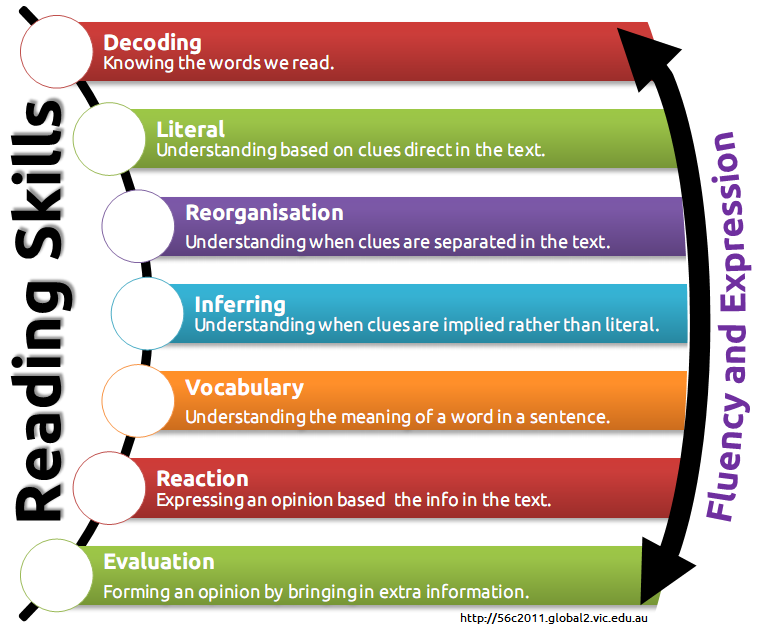 In addition to this, on the Internet you can find many interesting vocabulary games that are great to play in a company. Here are just a few: Hidden Motives, The New Dictionary, A Day in the Life, Sound Images, and Taboo. And here, too, there is a bonus - the general development of thinking and intelligence.
In addition to this, on the Internet you can find many interesting vocabulary games that are great to play in a company. Here are just a few: Hidden Motives, The New Dictionary, A Day in the Life, Sound Images, and Taboo. And here, too, there is a bonus - the general development of thinking and intelligence. - Reading. Websites, books, newspapers and magazines serve not only as a source of information, but also as a tool for replenishing vocabulary. Naturally, when choosing what to read, you need to build on individual tasks and interests. Depending on the vocabulary of which “profile” you want to replenish, you can choose special, scientific, journalistic or fiction. Reading is recommended for at least an hour every day, and in order to learn words faster, it is better to read aloud, because. memorization is more effective when speaking. If you want to focus on individual words, then you can study all kinds of reference books and dictionaries: spelling, rare words, synonyms, sensible different authors, and others.
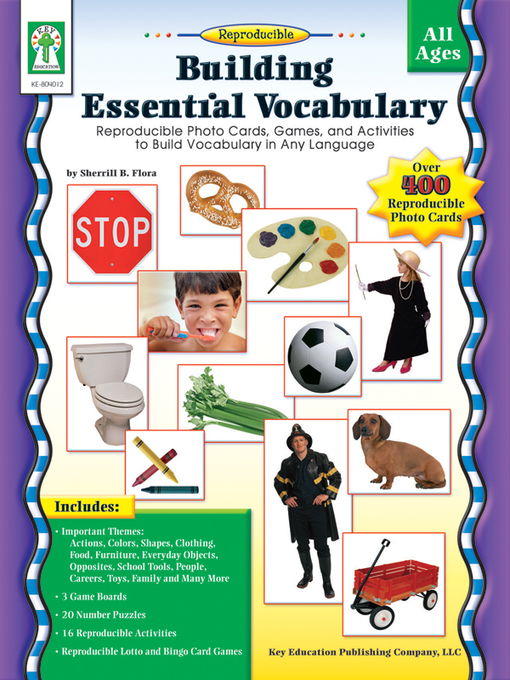
The exercises and techniques that we have proposed should be enough to fill your head with many different words, concepts and terms. It is best to resort not to any one method, but to use several at once. You can even choose a specific activity for each day. And if everything is quite simple with exercises, foreign languages and linguistic games, then with books it is quite possible to dream up. Therefore, we want to advise you to read not just everything and anything, but something specific.
Books for the development of vocabulary
Books are always good because they allow a person to learn a lot of new and interesting things. Reading in itself makes speech more developed and rich, but not all books will be useful for these purposes. There are universally recognized writers, authors of real masterpieces, demonstrating the beauty of the great Russian language (and the language in general) as much as possible.
Let's start with Russian classics, which influenced the formation of Russian speech, as well as morality.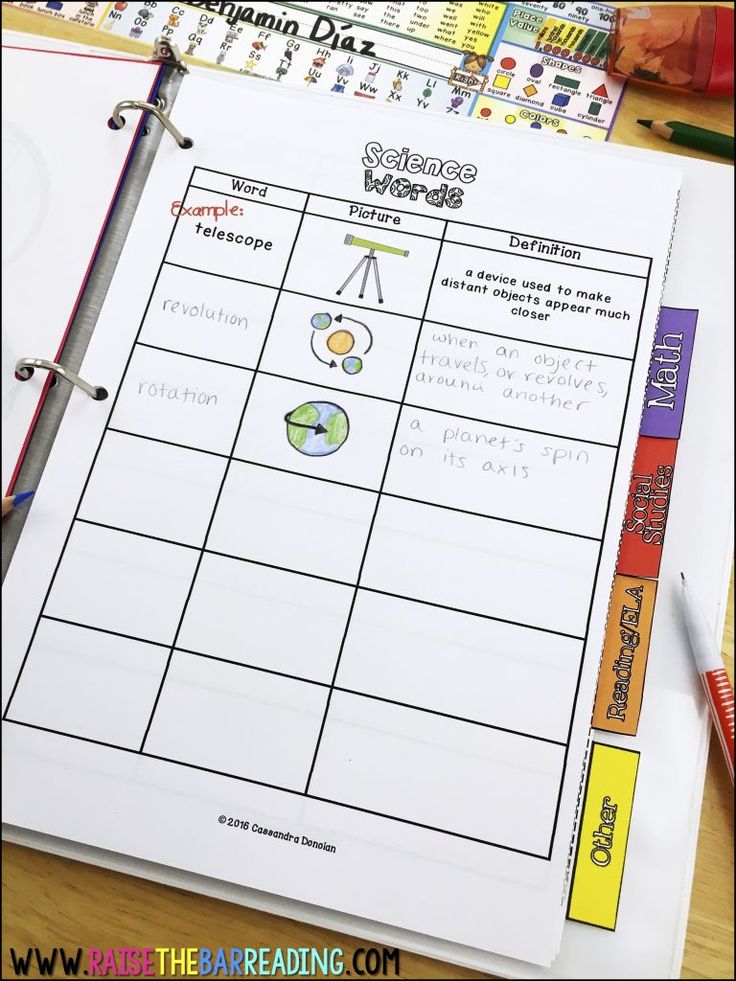 The books of the following authors will help to significantly expand the lexicon:
The books of the following authors will help to significantly expand the lexicon:
- A. S. Pushkin. It can be called the basis of Russian literature, because its vocabulary was about 25 thousand words. You can be sure that with the help of his writings, poems and fairy tales, you will seriously replenish your vocabulary.
- M. V. Lomonosov. No less “effective” are the translations, letters and poems of this remarkable person, who is considered the founder of Russian poetic culture.
- F. M. Dostoevsky. Reading the works of this philosopher and novelist (“The Brothers Karamazov”, “The Idiot”, “Crime and Punishment” and others), you will not only plunge into the bowels of the Russian language, but also learn the world of new feelings and experiences.
- N. M. Karamzin. We advise you to pay attention to the books "History of the Russian State" and "Poor Liza". They alone are enough to enrich your speech with many new words, including barbarisms and neologisms.
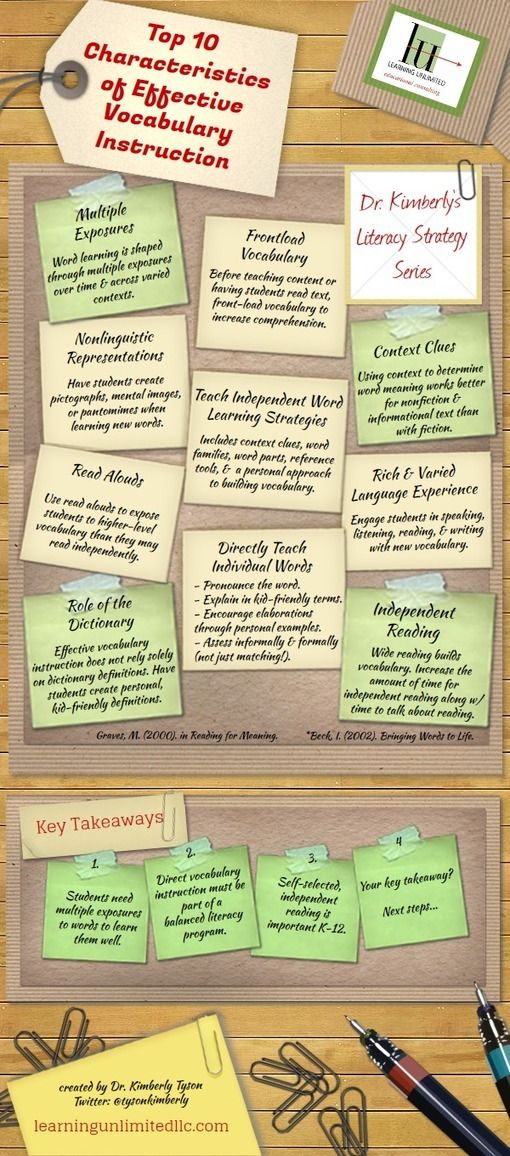
Foreign classics are equally capable of influencing the development of speech. In addition, reading such books, you can get acquainted with the behavior of people of different nationalities:
- French authors: Honore de Balzac, Emile Zola, Jules Verne, George Sand and others.
- English authors: William Shakespeare, Arthur Conan Doyle, Oscar Wilde, Daniel Defoe and others.
- American authors: Margaret Mitchell, Mark Twain, Ray Bradbury, Jack London and others.
- Spanish authors: Miguel de Cervantes, Camilo José Sela, Eduardo Mendoza, Francisco de Quevedo y Villegas and others.
Next on our list is more specific literature - dictionaries. Their study, perhaps, even better helps to develop speech and vocabulary. Feel free to take any of the listed dictionaries and start reading it:
- Russian Literary Pronunciation and Stress, Ed. R. I. Avanesova and S. I. Ozhegov.
- "School Phraseological Dictionary of the Russian Language" by V.
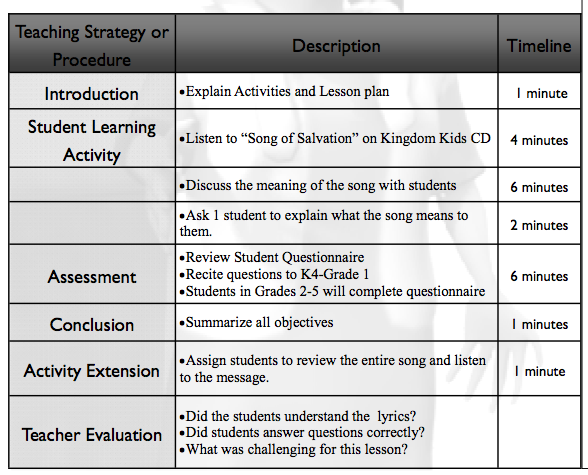 P. Zhukov in collaboration with A.V. Zhukov, ed. G. V. Karpyuk.
P. Zhukov in collaboration with A.V. Zhukov, ed. G. V. Karpyuk. - Dictionary of Russian Proverbs and Sayings. V. P. Zhukov.
- "A unique illustrated explanatory dictionary of aphorisms and winged words for children" by S. N. Zigunenko and A. F. Istomin.
- "Dictionary of synonyms of the Russian language" 3. E. Aleksandrova.
- "Spelling Dictionary of the Russian Language" by D. N. Ushakov, S. E. Kryuchkov.
- School Etymological Dictionary of the Russian Language. Origin of words. N. M. Shansky and T. A. Bobrova.
- "Dictionary of antonyms of the Russian language". M. R. Lvova.
And several explanatory dictionaries:
- S. I. Ozhegov's explanatory dictionary.
- Explanatory Dictionary of the Living Great Russian Language by V. Dahl.
- Russian explanatory dictionary by VV Lopatin.
- Dictionary of T. F. Efremova.
- Dictionary of D. N. Ushakov.
- Dictionary of A.
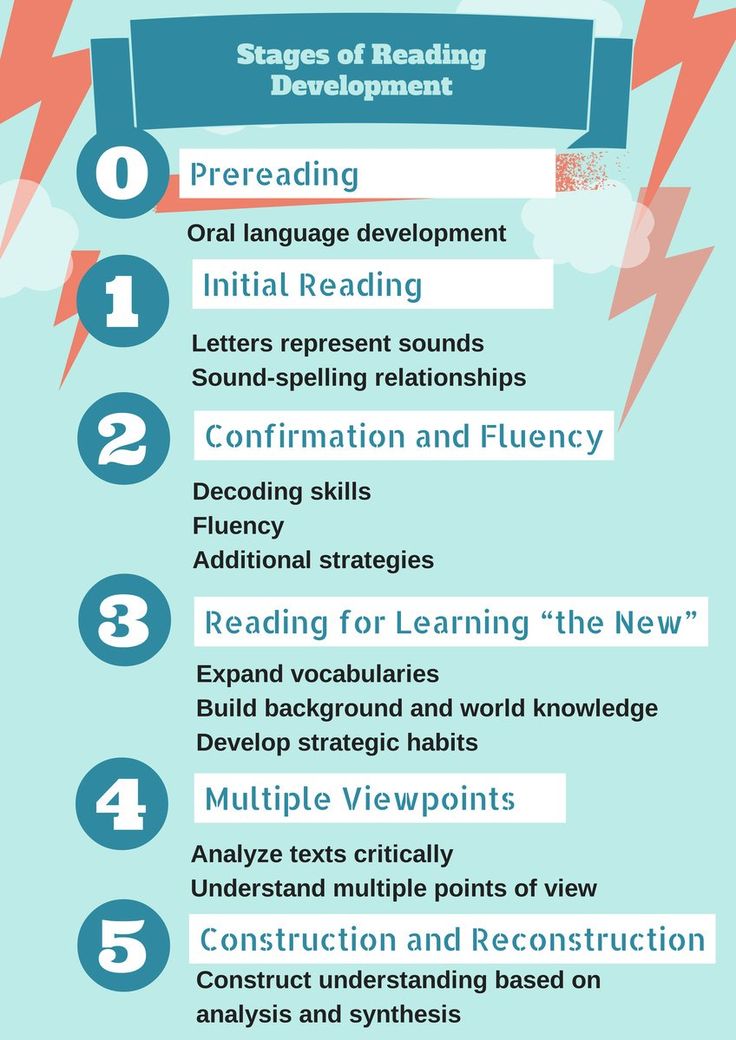 P. Evgenyeva.
P. Evgenyeva.
And, finally, if you want to give yourself a real intensive training in the development of speech and speech skills, but also have an interesting time, refer to very informative specialized works:
- "Word about words". Lev Uspensky.
- "Do we know Russian?". Maria Aksenova.
- "Live like life". Korney Chukovsky.
- "The Russian language is on the verge of a nervous breakdown". Maxim Krongauz.
- "Russian with a dictionary". Irina Levontina.
- "From Adam's apple to the apple of discord." Vadim Khrappa.
- "Word living and dead". Nora Gal.
- "Oddities of our language". Nigel Brown.
- "How to talk to anyone, anytime, anywhere." Larry King.
And in conclusion, a few words about how to quickly memorize new words from books. This is best done in a playful and creative way:
- Solve thematic crossword puzzles dedicated to specific works.
- Answer questions after reading books.
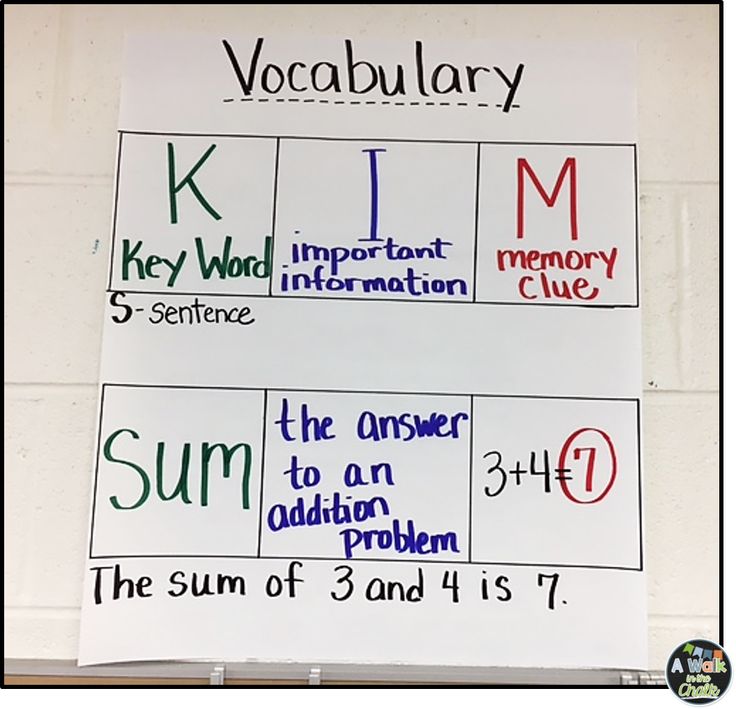 They can be found on the Internet, and it is better to give answers in writing.
They can be found on the Internet, and it is better to give answers in writing. - Write summaries of your favorite works, imitating the authors. So you will develop speech, literacy and memory.
- Keep a diary, where you will write down interesting words that you like. Don't forget to include their definitions there as well.
- Try your hand at writing. On weekends, spend a couple of hours writing a short story or essay on a free topic.
Communicate with people, read books, study dictionaries and encyclopedias, write down new words in a diary, notebook or stickers - all this is the components of the development of speech and vocabulary. If you want to expand your child's vocabulary, read aloud to him, consider and describe wimmelbuchs, play board and active games, make words from cubes and magnets and explain their meaning, keep him inquisitiveness and interest in the world around him.
Active and conscious actions - this is what is a prerequisite and a guarantee for the development of vocabulary.